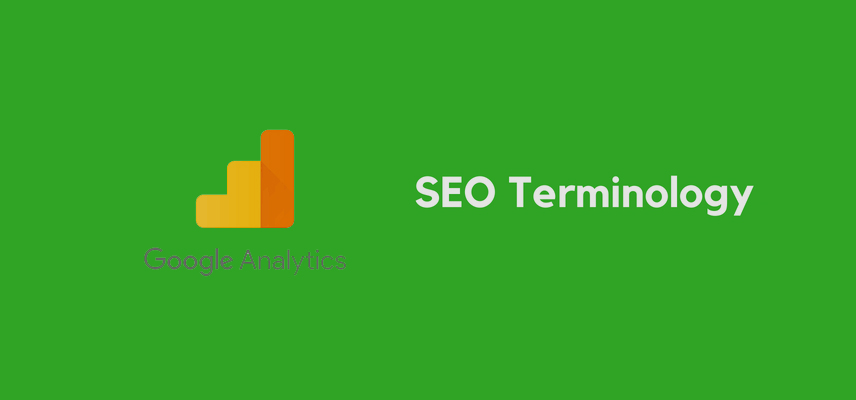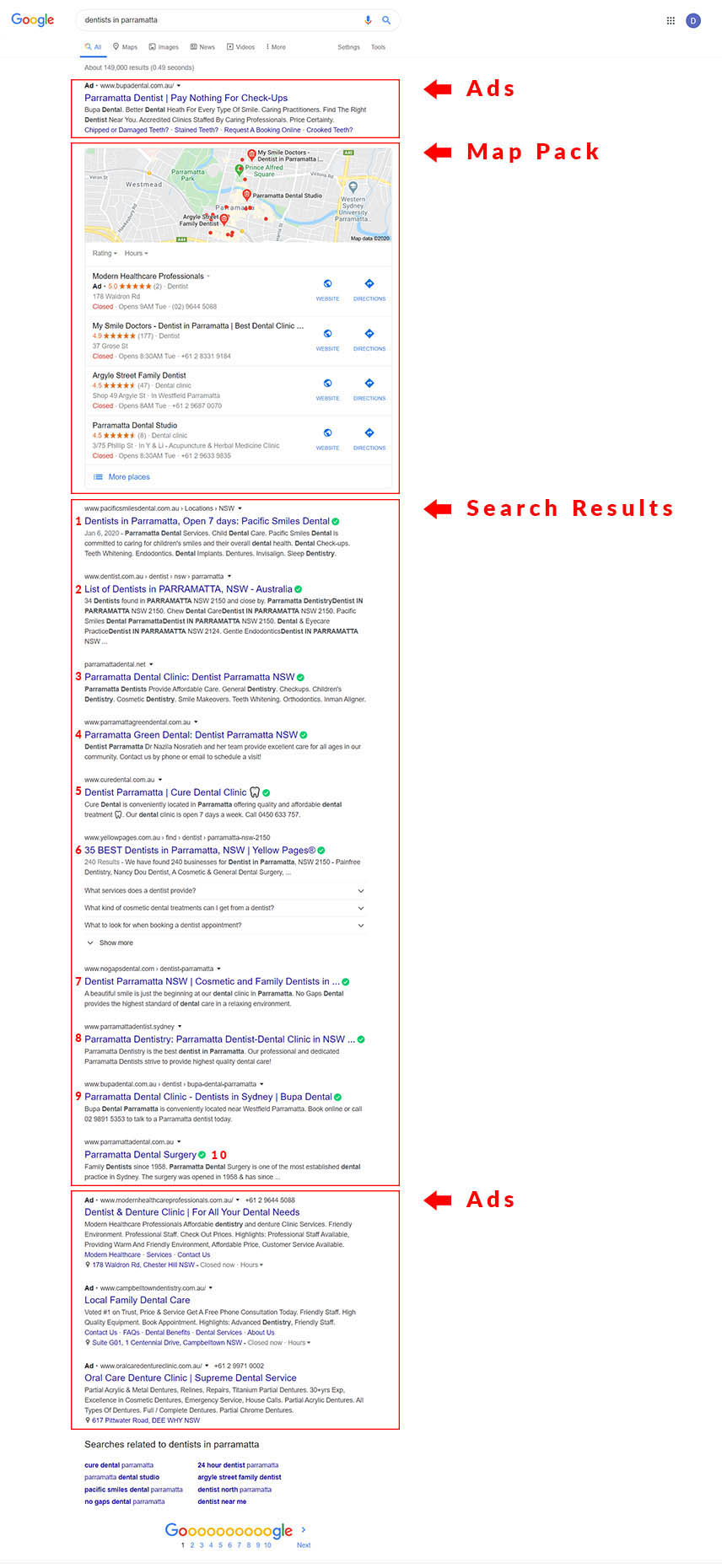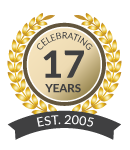
If you’re looking to grow your business online then one of the most viable ways to do that is by including search engine optimisation (SEO) as part of your marketing strategy. There are other digital marketing channels that can help grow your business as well. They include social media, pay-per-click advertising, email marketing and more.
If you decide that SEO is the best way for you to grow your business online then you need to be prepared for the buying process. You’re going to come across lots of technical terms which may make absolutely no sense. Nevertheless, they’re important, so in this guide, we’re going to take you through some of the most important jargon you might come across in the search for the right SEO agency.
Below, we discuss the top 5 terms you need to be across before you decide to engage an agency for SEO services.
SEO Audit
One of the first and most reasonable questions you might as an SEO agency is: how will you get me to the top of Google? In many cases, the agency representative will answer that the journey begins with an SEO audit. What does this mean? This is a website health check.
The marketer who checks your website will determine its readiness to compete on search engines. In doing so, they will need to look at a number of areas on your website – many of which you might not know to exist. Some of those terms include keywords, title tags, on-site SEO and more. We cover all of the most important terms throughout the rest of this article.
Keywords
Keywords are single words and phrases that SEO marketers target based on real queries that users search via search engines. For example, “dental practices in Parramatta” is a query that users could search via Google. Keywords are simply the words or phrases that marketers target in order to show up for user queries. To do this, they must go through a process called keyword research. For this task, marketers employ the help of keyword research tools.
On-site optimisation
This refers to changes and tweaks that are implemented on the backend of a website to improve its ability to target keywords. On-site optimisation involves correctly setting up on-site elements. These include title tags, meta tags, URL slugs and more. In the image below we have labelled the three aforementioned elements in the following order:
- Title tag
- Meta tag
- URL slug
Off-site optimisation
This refers to tactics that SEO agencies implement to help your website compete for keywords. As the name suggests, the tactics are implemented away from the website. The main aspect of off-site optimisation is link building.
Off-page SEO refers to SEO optimisations that are performed outside of your website to improve rankings. The main aspect of off-page SEO is link building.
Link building refers to the practice of getting successful referrals to your website from other websites by getting them to place links on their website that point to yours. Think of link building as word-of-mouth marketing for search engines.
Keyword Ranking
This refers to your position on Google (or another search engine) for a given keyword e.g. your rank on Google for the keyword “dentists in Parramatta”. Google and other search engines present their search results across many pages. They show 10 results per page and ultimately you want to be on the first page.
White-hat and black-hat SEO
The phrase white-hat refers to SEO practices that won’t get you penalised by Google. It’s important to stick to white-hat SEO practices so that you don’t undo all your hard work by being penalised by Google. How can you get penalised by Google? With black-hat SEO.
Black-hat SEO refers to the set of practices that Google will most likely penalise you for. Once you’re penalised from Google, it’s very hard to get back to the top. When Google penalises your website, it sends your website to the very last pages of its search results – where nobody looks. Therefore, it’s best to stick to white-hat SEO so that your website stays safe.












